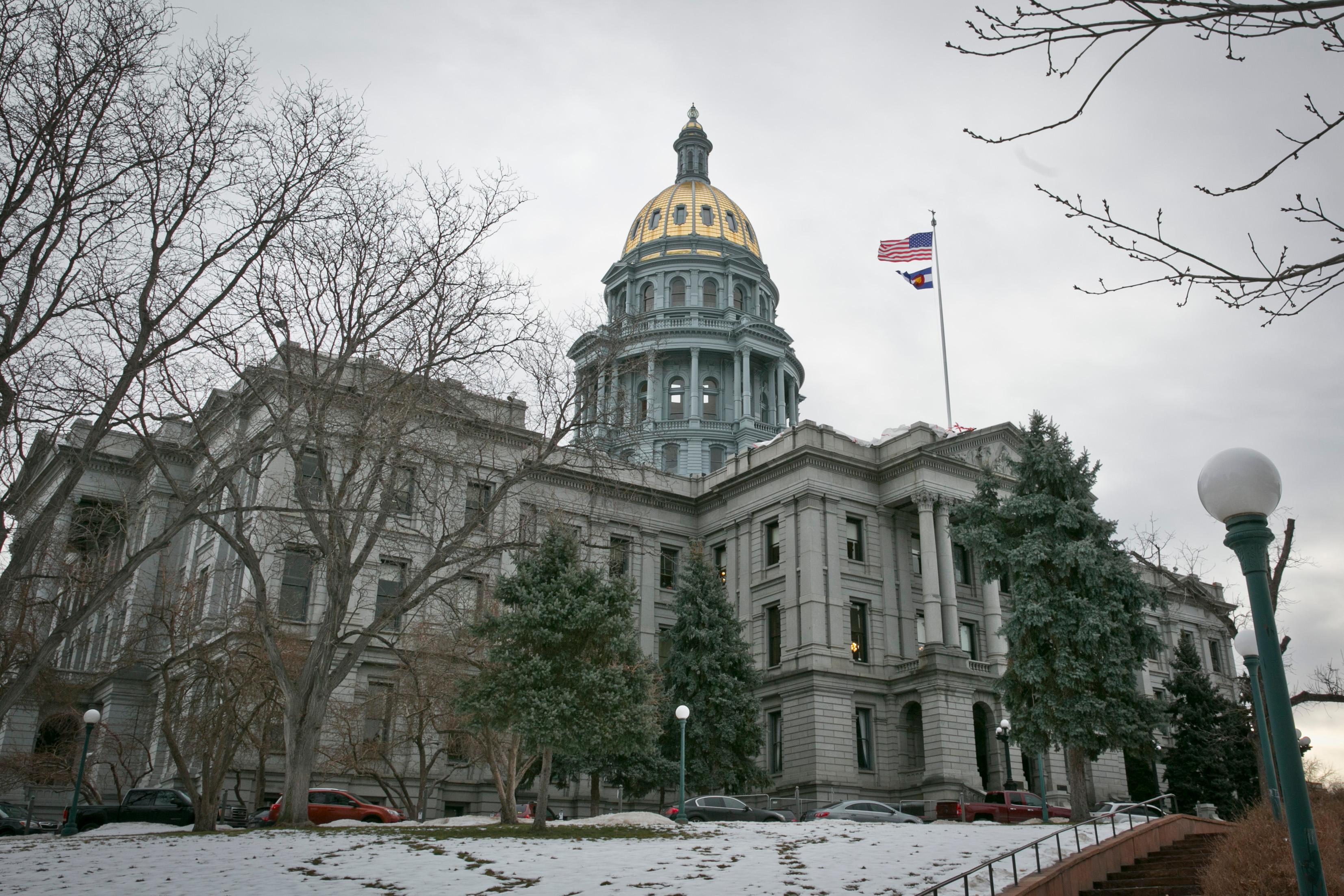
Colorado lawmakers are once again looking into whether or not to reform the way Colorado funds its schools.
The state uses a 25-year-old formula to calculate how much money to give districts, based partially on district size, cost of living and number of at-risk students.
In the budget year 2018-19, the state paid anywhere from $7,000 to $16,000 per student across all the 178 school districts. Critics of the formula said it leaves schools, especially those with students from low-income families, without the resources they need.
On Monday and Tuesday, the Legislative Interim Committee on School Finance heard proposals and public feedback on proposals to alter the way schools get money.
Most of those who spoke said the school formula is outdated and needs to be reformed. But people diverged on how, exactly, to fix it.
Many people want additional funding for schools. There’s hope that Proposition CC will help if constituents vote for it in November.
Without new revenue, many lawmakers worry that the change in formula would create ‘winners’ and ‘losers,’ meaning some districts will lose money if they redistribute the funding.
Prateek Dutta is an education advocate and the policy director of Democrats for Education Reform, a Colorado group that advocates for policies like school choice and high-stakes accountability. Dutta said it’s time for the system to change, even if the reforms are imperfect.
He attended Colorado public schools after his family immigrated from Bangladesh when he was young. Dutta qualified as both an English language learner and a low-income student. But under the current formula, his school district didn’t receive funding for both of those categories.
“My argument is that in the current system, there are already winners and losers,” Dutta said. “They have had winners and losers for the last 25 years and those losers are disproportionately low-income students and students of color.”
Districts get extra funding based on a number of factors such as cost of living and the district’s size. One of the ideas put forward by multiple people who testified was to lower how much weight cost of living and district size get within the formula. Advocates said this would shift the emphasis to student needs, rather than district characteristics. This means the funding would be based on aspects such as how many students qualify for federal free or reduced-price lunch, how many students are English language learners (ELLs), and how many students need special education.
Democrat state Sen. Nancy Todd, a member of the committee, is wary about drastic changes.
“I’m a little concerned by saying we are going to possibly present a bill that says we want to totally remove a couple of the different categories,” Todd said.
The main criticism of lowering the cost of living assessment that gives districts, for example, in resort communities extra funding, is that teachers need a salary that makes teaching in that district sustainable and allows districts to attract candidates.
The committee approved moving a bill forward for drafting. That proposal would change the weight of factors like whether a student is at-risk (measured by whether they receive free and reduced price lunches) or has special needs, while changing the size formula to include a sparsity or isolation index for more rural areas.
Republican state Rep. James Wilson, a former educator from Chaffee County, said he is wary of unintended consequences. He reminded the committee that when the original formula was created in 1994, no one foresaw that the formula would create such large inequities between districts.
“I am not totally convinced we are at a point, having heard all the conversations and all the testimony that we are ready to put all our eggs in that basket,” Wilson said.
Dutta hopes that the momentum for change will continue regardless if more money comes.
“Without more revenue, someone is going to take a hit here,” Dutta said. “So who is willing to go to your constituents in your district and say ‘Hey, some of us are getting less because for 25 years, we have created losers and we’re going to fix that.’”









